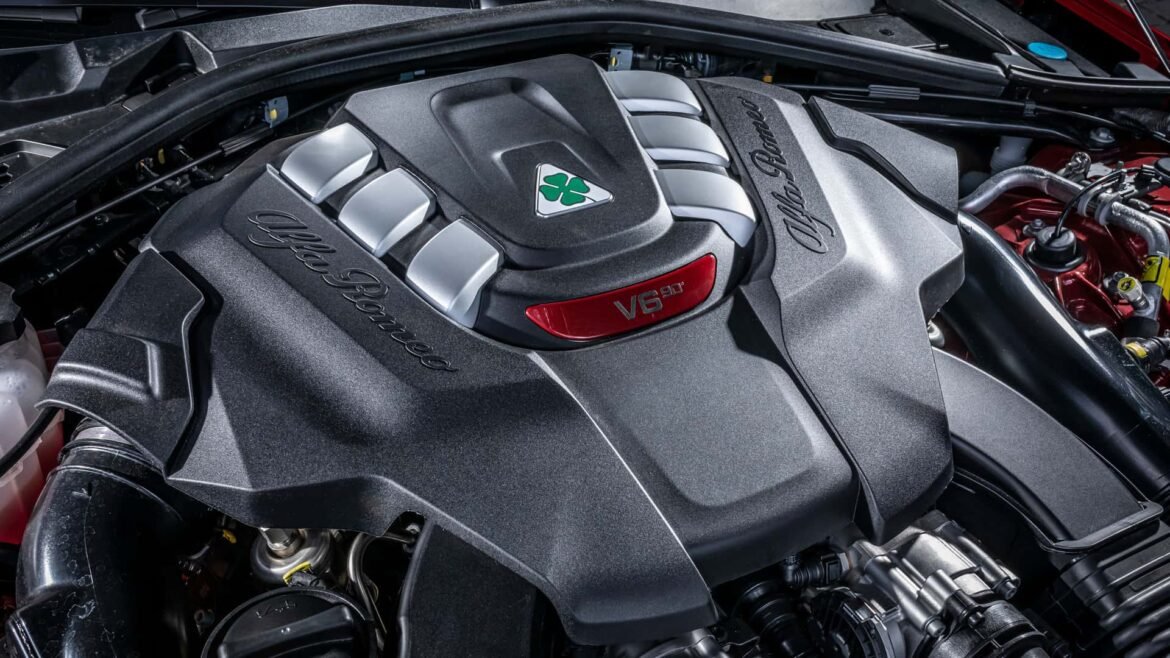Earlier this year, the European Union reaffirmed its stance on phasing out the sale of new cars with combustion engines from 2035. However, the ruling isn’t set in stone, as the zero-tailpipe-emission pledge is still up for debate. The initial plan was to review the proposal in 2026, but that has been moved forward to next month. For obvious reasons, most automakers are against the measure, and Stellantis is the latest to speak up.
In an interview with Politicothe automotive conglomerate’s chairman, John Elkann, said the EU should reconsider and allow combustion engines beyond 2035. He was specifically referring to plug-in hybrids and range-extending EVs, in which the gas engine serves as a generator to recharge the battery. Elkann, who is also Ferrari’s chairman, sees a future for alternative fuels as another path toward decarbonization.
But even before the proposed 2035 cut-off date, automakers selling cars in Europe face other targets. They must comply with progressively lower fleet emissions, dropping by 15 percent for the 2025–2029 interval compared to the 2020–2024 period. The EU initially wanted carmakers to hit the new target by the end of this year, but has since granted more time. They must now average 93.6 g/km across 2025–2027 instead of adhering to strict annual limits.
The next hurdle comes in 2030 for the interval running through the end of 2034. Companies will have to cut their fleet emissions even further, reaching just 49.5 g/km. Elkann wants the EU to give automakers more time to comply. Rather than having to meet the stricter annual target starting in 2030, the Stellantis chairman believes the industry should be allowed to average emissions over five years (2028–2032).
It’s easy to see why Stellantis and other major automakers oppose being forced to sell only EVs. Electric vehicles held just a 16.1 percent market share in the European Union through September, according to data from the European Automobile Manufacturers’ Association (ACEA). Hitting 100 percent in nine years is highly unrealistic and would wreak havoc across the industry by putting a tremendous number of jobs at risk.
A couple of months ago, BMW’s Chief Technology Officer, Joachim Post, said that forcing EV adoption “can kill an industry.” His statement echoed a similar warning from Mercedes CEO Ola Källenius, who argued the European car industry is “heading at full speed against a wall” if the ICE ban stays in place.
The share of EVs in total sales across the 27 EU countries is likely to increase in the coming years. That’s not just a wild assumption but an educated guess based on an influx of upcoming affordable models. Renault just released the sub-€20,000 Twingo, and Volkswagen will launch a €25,000 ID. Polo in 2026, followed by a smaller €20,000 model in 2027.
Of course, there’s also growing competition from affordable Chinese EVs, and legacy automakers are trying to fend them off with budget-friendly models like Stellantis’ own Citroën ë-C3 for under €20,000.

